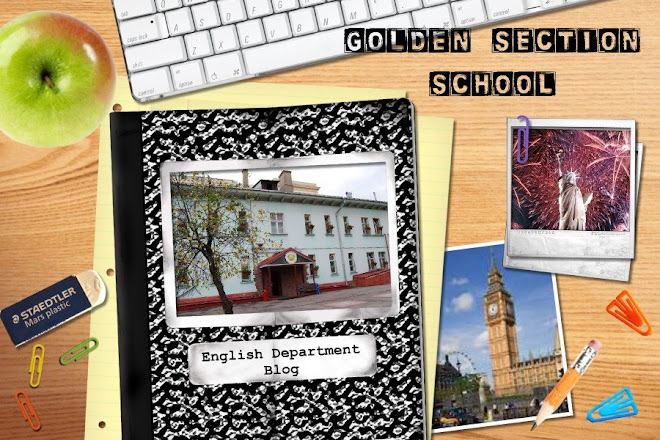
On Sunday, September 25th, my eleventh grade students, some of my ninth grade students, and Irina Petrovna, the Head of the Middle School English Program, joined me at my home to learn how to cook some traditional American food.
We ate it with a coleslaw made from shredded carrots, shredded white cabbage, diced red onion, fresh lemon juice, plain yogurt, dried cranberries, salt and pepper.

We also had a Caesar salad made with a low-fat yogurt-based dressing and homemade parmesan baguette croutons. To make the croutons we chopped up a baguette, having removed the ends. We then tossed the bread some olive oil, put them in a pan, sprinkled them with parmesan and freshly-ground black pepper, and baked them until crisp. We added freshly-grated parmesan cheese, kalamata olives and grilled chicken to the salads as desired.

For dessert we made the most amazing chocolate brownies and an apple and pear crisp. The leftover crisp was a hit in the teachers' room the next day!

Students practiced zesting, juicing, grating, dicing, chopping, whisking and even whipping chocolate over a bain marie. We spent over two hours preparing the food, and then we watched the movie "Soul Surfer" while we waited for dinner to be ready.

"Soul Surfer" is based on the actual story of Bethany Hamilton, an American surfer from Hawaii who was attacked by a shark seven years ago when she was thirteen. Even though she lost her left arm, she went on to become a world champion surfer and is an inspiration to people all over the world. Earlier in the week we had practiced word formation for the ЕГЭ exam by reading about her, and we had even done some listening comprehension ЕГЭ practice by comparing televised interviews with her to the article we had read. As a result, we were able to analyze how Hamilton's actual story differs from the movie and why the directors chose to do so.
The afternoon was a wonderful success; we're already thinking about what we'll cook next time, and we already have a movie picked out for November...
Mrs. Smith


